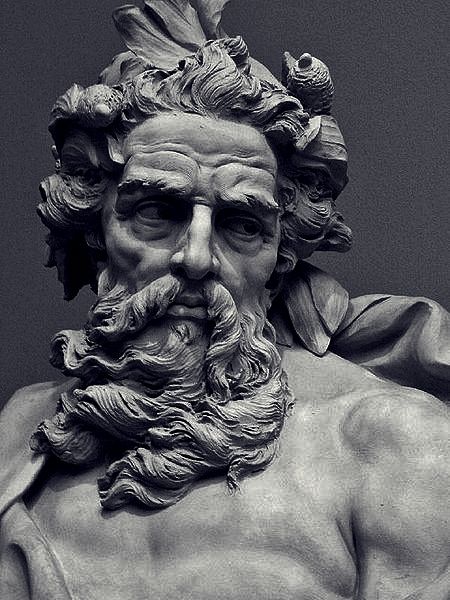I had no idea what to expect when I started reading The Lusiads. I first skimmed over the index and saw the cantos, which immediately reminded me of El Cid. This led to me believe (albeit rather irrationally) that the story was going to be an epic in the style of El Cid–that is, largely grounded in reality but bestowing upon the main character a godlike quality. Little did I know that many of the main characters would actually be gods! I suppose I forgot my renaissance history; after all, the period reflected a a marked resurgence in classical thought.
What really fascinated me about this book, though, was the co-existence of two completely different religions: Christian monotheism and Ancient Greek/Roman polytheism. Although Vasco da Gama and his explorers sail the seas in the name of Christianity and their holy kingdom, it is Jupiter and his court of lesser gods (not “the God”) that govern the outcomes of these expeditions. Moreover, in describing the lands that da Gama explores, De Camões uses mythical imagery as a locational aid for the reader. This is in stark contrast to Columbus describing the Caribbean as “Eden” or “as warm as Seville in spring.” For example, when De Camões is describing some islands off of Gambia, he writes that they were “home formerly of the Gorgons, the three sisters with only one eye between them” (123). In traditional Greek mythology, the gorgons actually lived in Libya. This is nothing less than a total religious power play. When De Camões writes at the beginning of the book, “let us hear no more then of Ulysses and Aeneas and their long journeyings” (39), he means it. Indeed, he subs in his own cast of Christian explorers but keeps intact the rest of the mythological narrative framework. In using one religion solely as a narrative device for the benefit of another religion, De Camões establishes a clear dualistic religious hierarchy.


I was also struck by the coexistence of Christian monotheism and Classical polytheism throughout The Lusiads. When I first noticed that Ancient Greek/Roman gods and goddesses were present in the work, I expected them to take on a more metaphorical role as elements of Christian monotheism dominated the bulk of the plot. I was surprised to see that Greek/Roman gods and goddesses fulfilled a similar role in this work to the role that they fulfill in traditional epic poetry.